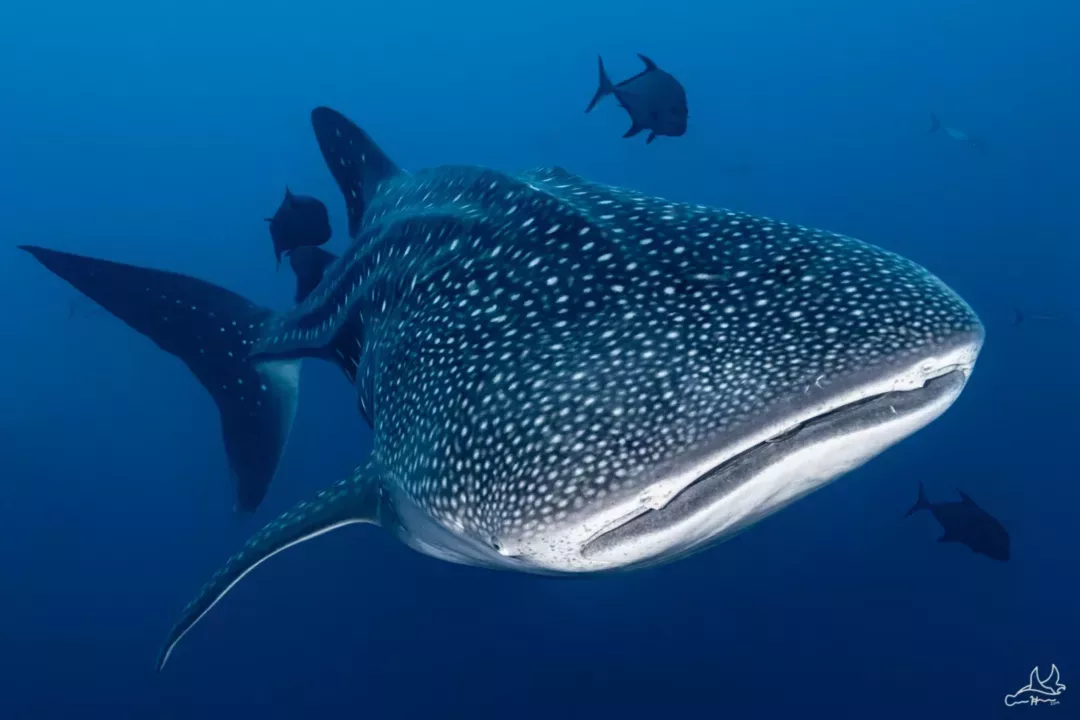The World Heritage Listed Ningaloo Coast generates more than 1000 jobs for its local community and contributes over AU$100 million to the economy of Western Australia. The economic valuation is the first major milestone toward the design of a climate change adaptation strategy at World Heritage-Listed coral reefs as part of the global Resilient Reefs Initiative.
Ningaloo Coast – a striking stretch of land- and seascape along the western coast of Australia with globally significant aggregations of whale sharks, abundant coral reefs and a thriving local community – was inscribed on the UNESCO World Heritage List in 2011.
The study shows that in 2018-2019, the World Heritage region contributed an estimated AU$110 million in value added to the Western Australia economy. More than 90% of this value added is attributed to the 280 000 tourists who normally visit Ningaloo Coast on an annual basis. The study further revealed that the World Heritage region creates an estimated 1000 sustainable, full time jobs, primarily in the tourism industry.
Ningaloo’s natural assets also hold important social, cultural and Traditional Owner value and deliver important ecosystem services such as storm protection and carbon sequestration which were not quantified for the study.
Ningaloo Coast is one of five pilot World Heritage-Listed coral reefs that embarked on a bold new approach in understanding climate risk, building resilience and plan differently for the future. Resilient Reefs puts people at the heart of conservation and aims to create sustained resilience for both the reefs and the communities who depend on them. It addresses the long-term interconnected needs of people, wildlife and planet, equipping them to thrive through challenging times where the future is uncertain.
Understanding the contribution of Ningaloo to the local economy and local communities helps inform the development of the World Heritage site’s climate risks and adaptation strategies.
The Resilient Reefs Initiative was launched in 2018 and is implemented through a global, private-public consortium of partners that is led by the Great Barrier Reef Foundation in collaboration with The Nature Conservancy’s Reef Resilience Network, Columbia University’s Centre for Resilient Cities and Landscapes, Resilient Cities Catalyst, the global consultancy AECOM and UNESCO’s World Heritage Centre’s Marine Programme. The Economic Contribution Study was delivered by the Department of Biodiversity, Conservation and Attractions of the government of Western Australia.
Source: UNESCO website
